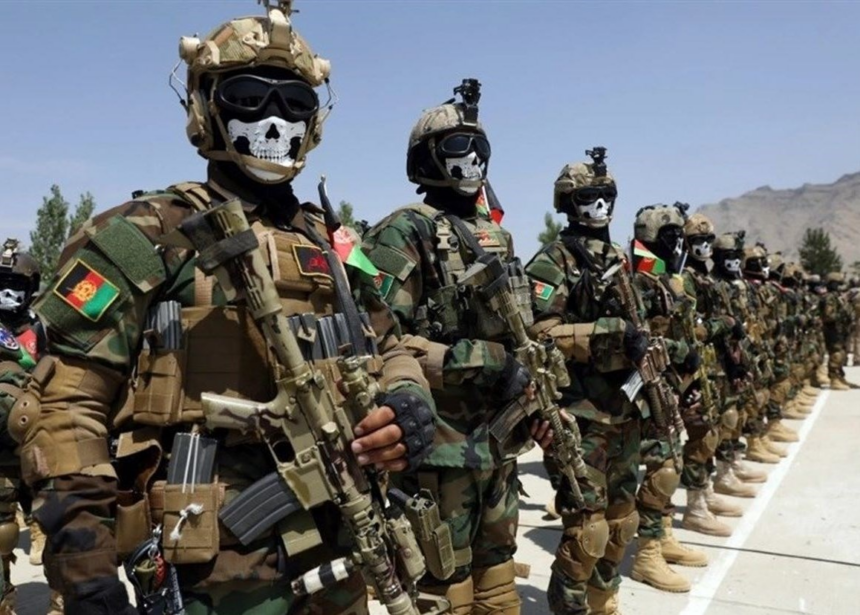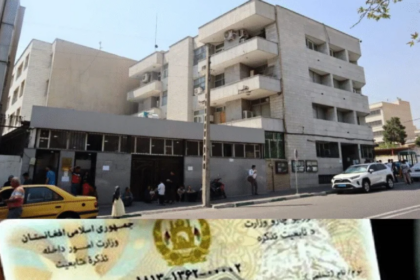RASC News Agency: A growing number of former members of Afghanistan’s security forces, who risked their lives in direct cooperation with British troops during NATO’s mission, say they have been dealt a devastating blow: their applications for relocation to the United Kingdom under the Afghanistan’s Relocations and Assistance Policy (ARAP) have been rejected often without proper review despite years of waiting and despite the fact that their personal data had previously been mistakenly exposed, placing them in mortal danger. Multiple former soldiers told media that the rejections appear to have been issued “in bulk, without careful examination of individual cases.” Even veterans of Afghanistan’s special forces, whose cooperation with British units is beyond dispute, have been turned away. Many point out that during wartime operations, formal written contracts were rarely issued, yet their collaboration was genuine, extensive, and frequently carried out under lethal conditions.
Some applicants provided photographic and video evidence of themselves alongside British officers evidence which, under normal circumstances, would be decisive. Yet these submissions were dismissed for reasons such as “facial features unclear” or “presence unverifiable.” The bureaucratic rejection of such proof, rights advocates say, amounts to a betrayal of trust that may cost lives. Meanwhile, the danger in Taliban-controlled Afghanistan is far from theoretical. Multiple sources report that in recent weeks, several former Afghanistani soldiers have been arrested by Taliban fighters solely for possessing documents confirming their cooperation with the UK. These men have since vanished into the regime’s prison network, where detainees routinely face torture, summary execution, or both. The Taliban’s treatment of captured former soldiers is notoriously brutal driven by both revenge for past battlefield losses and an ideological hostility toward anyone linked to Western military missions.
In a joint statement, the rejected applicants have called for an independent and transparent reassessment of all ARAP cases, warning that every day of delay increases the likelihood of further deaths. “Indifference is a death sentence,” one former special forces operative said. “The Taliban hunt us as enemies, and the UK has closed its doors.” Adding a deeply troubling geopolitical dimension, The Telegraph has reported that Iran has formally requested from the Taliban a list of roughly 25,000 Afghanistani nationals who had worked with British forces. Intelligence experts warn that such a transfer if it occurs would be tantamount to handing over a ready-made kill list to two regimes that share a ruthless record of suppressing dissent and targeting perceived collaborators. Analysts believe Tehran’s request is part of a strategy to identify any Afghanistani with intelligence links to Britain and use that information as leverage in ongoing nuclear negotiations with Western powers.
Human rights observers warn that without decisive intervention from the UK government, the rejection letters sent to these men are more than a bureaucratic formality they are active death warrants. Under Taliban rule, the concept of justice is nothing more than the will of an armed man, and survival depends not on law or rights, but on remaining invisible. For those who once stood shoulder-to-shoulder with Britain’s soldiers, invisibility is no longer an option.






